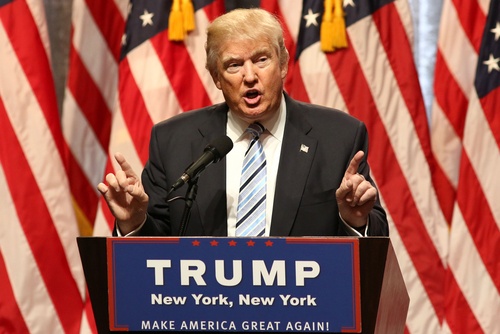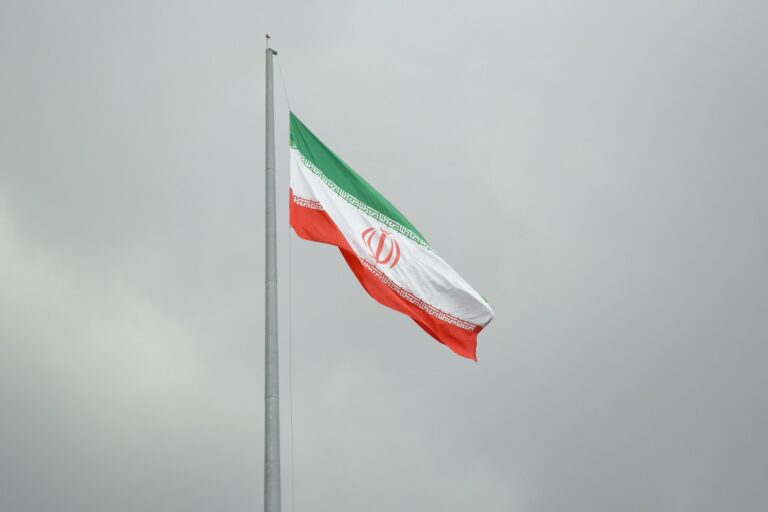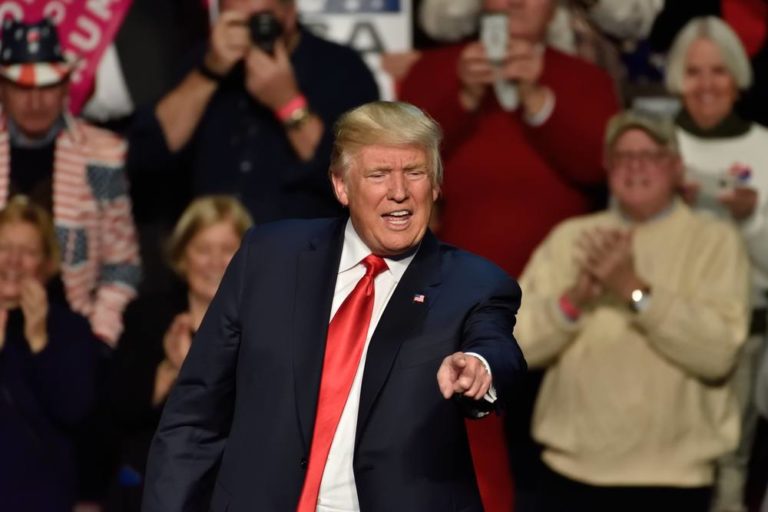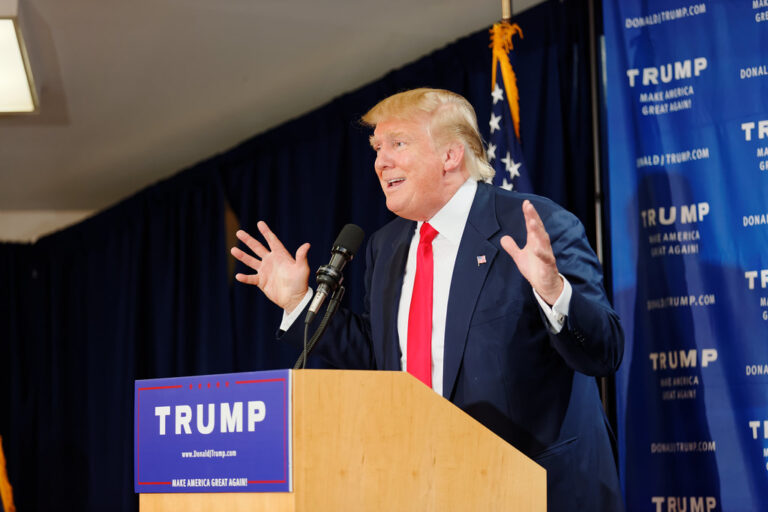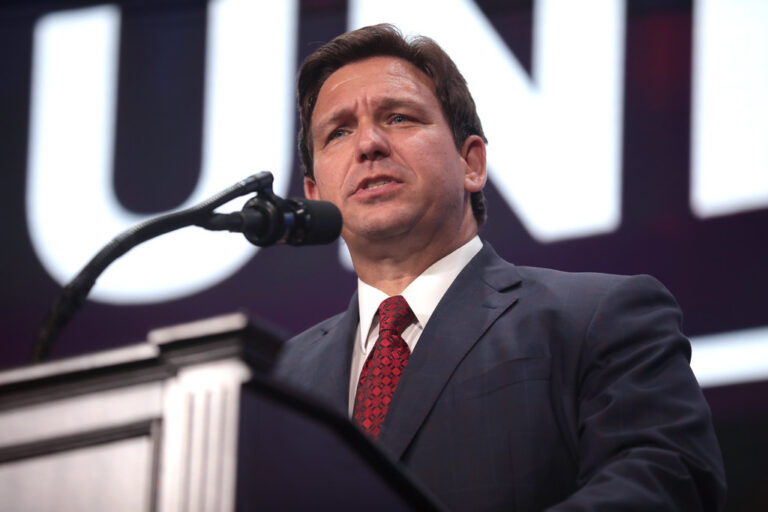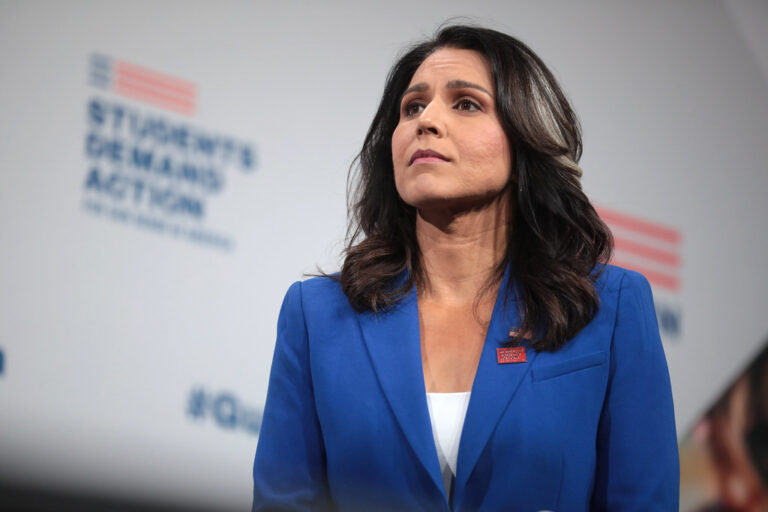Key Takeaways:
- Iran’s Supreme Leader Ayatollah Ali Khamenei delivers a defiant speech, warning the US and Israel of severe consequences if they attack.
- President Donald Trump is considering a military strike against Iran, possibly alongside Israel.
- A foreign policy expert warns that Khamenei’s speech may have made him a bigger target for the US.
- Iran’s nuclear sites, including Fordo, are under threat of attack, which could escalate tensions in the region.
Iran’s Supreme Leader Takes a Strong Stance
In a nationally televised address, Iran’s Supreme Leader Ayatollah Ali Khamenei made it clear that his country will not back down from threats. He said, “Intelligent people who know Iran, the Iranian nation, and its history will never speak to this nation in threatening language because the Iranian nation will not surrender.”
Khamenei also warned the US that any military intervention would cause “irreparable harm” to them. His speech comes at a time when tensions between Iran, the US, and Israel are running high.
Trump Considers Military Action
President Donald Trump has been vocal about his desire for Iran to fully give up its nuclear ambitions. He has even hinted that he knows where Khamenei is hiding, suggesting that the US could target him directly.
According to reports, Trump is warming up to the idea of joining Israel in a military campaign against Iran. This could include attacking Iran’s nuclear sites, which have been a point of concern for both the US and Israel.
Expert Warns of Escalation
Joel Rubin, a former State Department official, believes Khamenei’s defiant speech may have made things worse for Iran. Rubin, who served under President Barack Obama, told a news program, “My first thought after hearing the speech is that Khamenei may have signed his own death warrant.”
Rubin explained that Khamenei’s refusal to compromise has led to the current crisis. He mentioned that the Trump administration had offered Iran a deal in the past, allowing a civilian nuclear program in exchange for no enrichment. Iran rejected the offer, and Rubin believes this decision has pushed the situation to the brink.
The Threat to Fordo Nuclear Site
Israel has already targeted one of Iran’s underground nuclear sites, Natanz, in a recent raid. Now, experts say the other major site, Fordo, is likely next.
Rubin described Fordo as a “pincer grip,” meaning it’s a critical location that cannot be left untouched. He warned, “If Fordo isn’t hit, Iran could quickly move to enrich uranium to weapons-grade levels and test a nuclear device.”
This has created a dangerous situation, as attacking Fordo could lead to a major escalation of the conflict.
What’s Next?
The situation between Iran, the US, and Israel is becoming increasingly tense. With Khamenei’s defiant speech and the possibility of more military strikes, the region is on high alert.
Rubin believes this is a critical moment, saying, “We’re in a trap.” The question now is whether diplomacy can still prevent further violence or if the conflict will spiral out of control.
Conclusion
Iran’s Supreme Leader Ayatollah Ali Khamenei has made it clear that Iran will not back down from threats. However, his defiance has only increased tensions with the US and Israel, which are considering military action. With nuclear sites like Fordo in the crosshairs, the stakes have never been higher.
The coming days and weeks will be crucial in determining whether diplomacy can still save the situation or if the region will plunge into further chaos. For now, one thing is certain: the world is watching closely as this high-stakes standoff unfolds.


